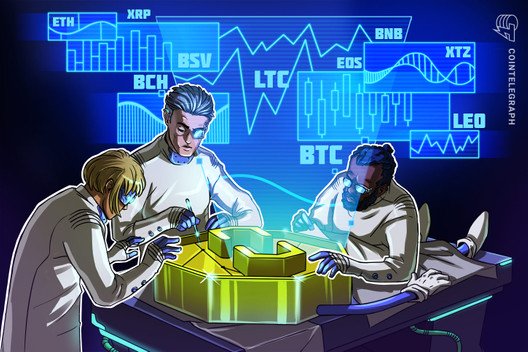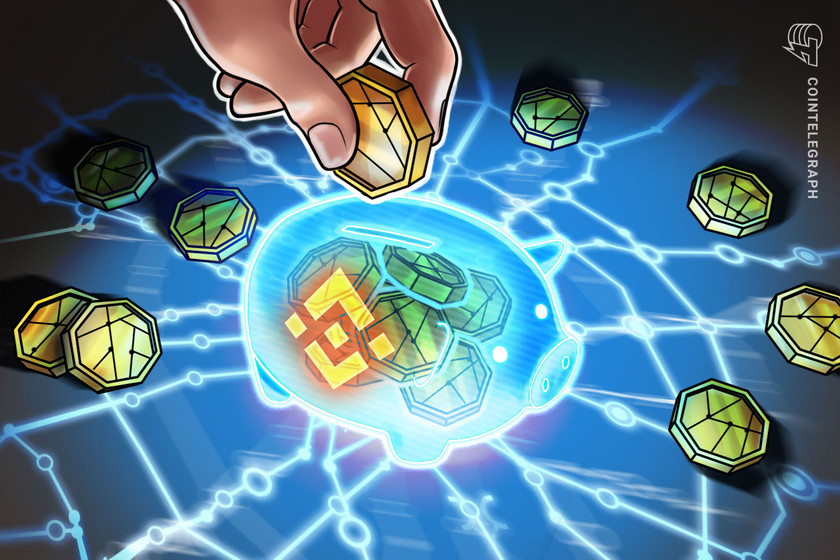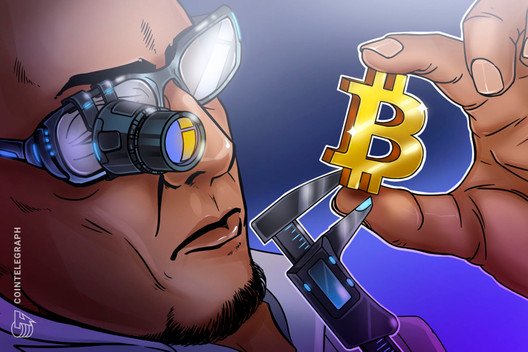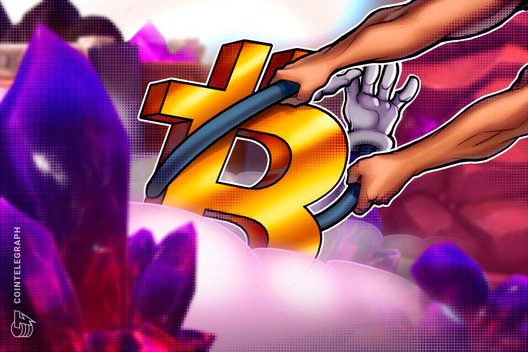Five years from its inception, fan token platform Chiliz has launched its own layer-1 Ethereum Virtual Machine (EVM) compatible blockchain ecosystem to support its growth.
Chiliz’s fan token ecosystem has long been powered by Ethereum-based ERC-20 tokens, but the validation of the Chiliz 2.0 blockchain genesis block sees the ecosystem shift to its own layer 1.
The new blockchain uses a system of 11 active validators with proof-of-stake authority consensus, which is touted to provide faster block times, lower fees and energy usage.
According to the project’s documentation, Chiliz Chain 2.0 is a hard fork of BNB Chain, a go-to Ethereum fork. This means that the new layer-1 is EVM compatible, which is aimed to attract decentralized application developers to build within the environment.
Chiliz has made waves in the sports and entertainment space through its fan token app, Socios. The platform works with some of the biggest teams and brands in the sporting world, with major football teams like Barcelona, PSG, Manchester City, Arsenal and Juventus making use of its fan token platform.
Related: Socios boss’ goal? To knock crypto out of the park
The platform allows brands, teams and individuals to mint nonfungible tokens (NFTs), fan tokens and Web3-ready tickets, as well as develop DApps and Web3-based experiences and products.
Cointelegraph spoke to Socios CEO Alexandre Dreyfus back in November 2022 at Web Summit in Lisbon about the upcoming launch of the Chiliz ‘2.0’ Blockchain. As he explained back then, the Chiliz chain already existed but was deliberately kept as a private ecosystem to protect intellectual property. At the time of that conversation, it had over 1.7 million wallets that participated in the issuance, minting and trading of fan tokens.
Dreyfus also pointed out the importance of Ethereum in providing the basis of its current ecosystem in correspondence on Feb. 9, highlighting both iterations of the Chiliz blockchain being forks of Ethereum:
“We use the technology as a foundation, but we adjust it and enhance it for our needs, which is the protection of the IP and the sports property we are working with.”
The launch of Chiliz 2.0 marks the transition to a “real open layer-1,“ Dreyfus told Cointelegraph, with on-chain governance holding the power to whitelist certain nodes and developers to issue assets.
“What does it mean? It means that you cannot have a fake NFT, a fake fan token or whatever.”
The CEO said that a patient approach, which allowed brands and franchises to maintain control of their image and property rights, was an important factor in the growth of its ecosystem over the past five years. The launch of the Chiliz blockchain is also aimed at handing back value to ecosystem participants:
“It’s a chain where mainly sports brands are going to govern, let’s say Barcelona or PSG, are going to become a node and stake their CHZ to get rewards and participate in the growth of the network.”
The sports industry continues to see synergies with blockchain-based firms. In January 2023, blockchain fantasy sports firm Sorare sealed a deal with the English Premier League to mint Ethereum-based digital player cards on its platform.










